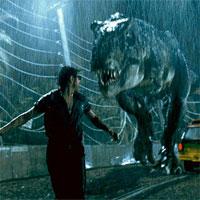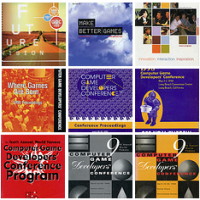
GDC Vault Reveals Most-Watched GDC 2011 Talks As Views Top 250,000
As views of GDC Vault's video, audio and slides from GDC 2011 top 250,000, the site has detailed the most-viewed sessions from the March show, spanning Doom postmortems through Halo: Reach and beyond.
The specially constructed website archives multimedia from the numerous lectures, panels, and keynotes at the multiple Game Developers Conference shows yearly, and a number of each show's most popular talks are now available for free.
The sessions available on the GDC Vault spanning the last 15+ years have attracted 155,000 unique viewers in the last year, and the content from Game Developers Conference 2011 alone has attracted more than 262,000 views since mid-March.
GDC 2011's Classic Game Postmortem series has proven the most popular by far, with video of these seminal talks making up six of the show's top 10 most-viewed sessions.
These lectures featured various industry legends reflecting on their most seminal classics, including John Romero and Tom Hall on Doom, Eric Chahi on Out of This World/Another World, Ron Gilbert on Maniac Mansion, and more.
Other popular talks included "I Shot You First: Networking the Gameplay of Halo: Reach," featuring Bungie's David Aldridge on the studio's approach to online infrastructure, and "Life and Death and Middle Pair: Go, Poker and the Sublime," a talk featuring Area/Code's Frank Lantz on some of the oldest and most influential games in history.


















